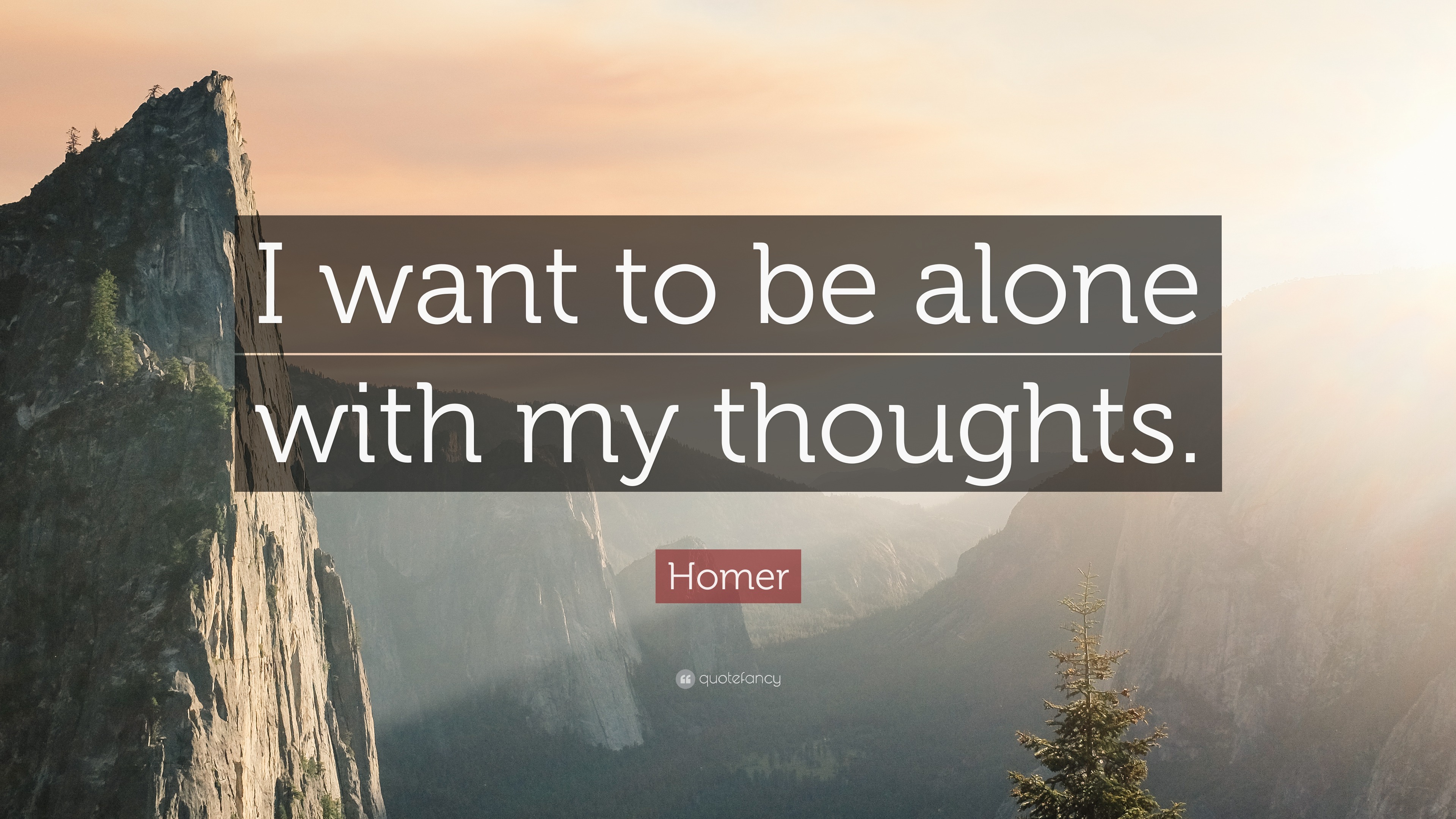

Now the cult of the individual has intensified far beyond what Durkheim envisioned. According to Durkheim, this cult grew out of the transition from traditional rural communities to modern industrial cities. In addition to economic prosperity, the rise stems from the cultural change that Émile Durkheim, a founding figure in sociology in the late 19th century, called the cult of the individual. Yet there are a great many things that we can afford to do but choose not to, which means the economic explanation is just one piece of the puzzle. One reason that more people live alone than ever before is that they can afford to. So what is driving it? The wealth generated by economic development and the social security provided by modern welfare states have enabled the spike. It shapes the way we build our cities and develop our economies. It changes the way we understand ourselves and our most intimate relationships. The rise of living alone has been a transformative social experience. In fact, the reality of this great social experiment is far more interesting – and far less isolating – than these conversations would have us believe. When there is a public debate about the rise of living alone, commentators present it as a sign of fragmentation. In all of these situations, living alone is something that each person, or family, experiences as the most private of matters, when in fact it is an increasingly common condition. We struggle to support elderly parents and grandparents who find themselves living alone after losing a spouse, but we are puzzled if they tell us they prefer to remain alone. We worry about friends and family members who haven't found the right match, even if they insist that they're OK on their own.

We aspire to get our own places as young adults, but fret about whether it's all right to stay that way, even if we enjoy it. And the nations with the fastest growth in one-person households? China, India and Brazil.īut despite the worldwide prevalence, living alone isn't really discussed, or understood. The Netherlands and Germany share a greater proportion of one-person households than the UK. In Japan, where social life has historically been organised around the family, about 30% of all households have a single dweller, and the rate is far higher in urban areas. In Scandinavian countries their welfare states protect most citizens from the more difficult aspects of living alone.

Sweden has more solo dwellers than anywhere else in the world, with 47% of households having one resident followed by Norway at 40%. Unlike their predecessors, people who live alone today cluster together in metropolitan areas. Young adults between 18 and 34 number more than 5 million, compared with 500,000 in 1950, making them the fastest-growing segment of the solo-dwelling population. The elderly account for about 11 million of the total. The majority, more than 16 million, are middle-aged adults between the ages of 35 and 64. In the UK, 34% of households have one person living in them and in the US it's 27%.Ĭontemporary solo dwellers in the US are primarily women: about 18 million, compared with 14 million men. According to the market research firm Euromonitor International, the number of people living alone globally is skyrocketing, rising from about 153 million in 1996 to 277 million in 2011 – an increase of around 80% in 15 years. Numbers never tell the whole story, but in this case the statistics are startling.

We cycle in and out of different living arrangements: alone, together, together, alone. We survive our spouses, and do everything we can to avoid moving in with others – including our children. We divorce, and stay single for years or decades. If death came early, we remarried quickly if late, we moved in with family, or they with us. Until the second half of the last century, most of us married young and parted only at death. For the first time in human history, great numbers of people – at all ages, in all places, of every political persuasion – have begun settling down as singletons. During the past half-century, our species has embarked on a remarkable social experiment. H uman societies, at all times and places, have organised themselves around the will to live with others, not alone.


 0 kommentar(er)
0 kommentar(er)
